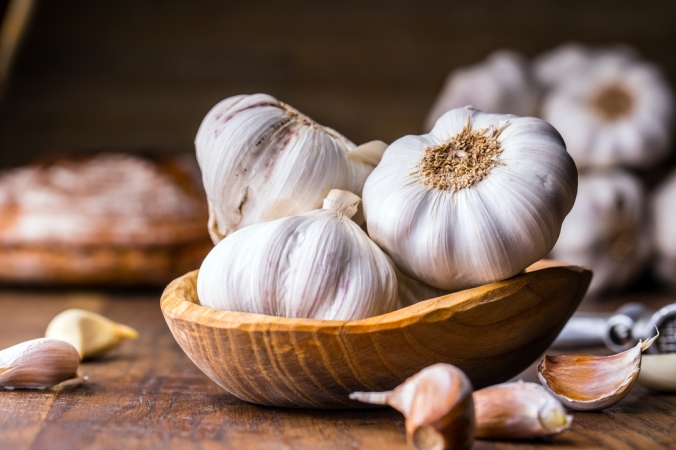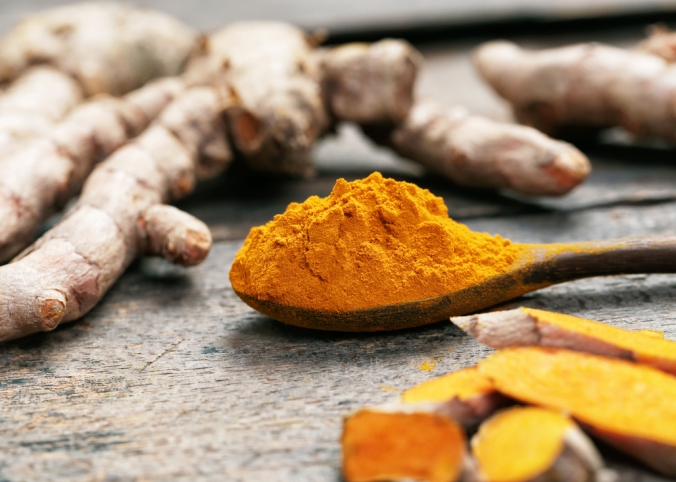On average your heart beats around 70 times every minute of every day. It’s an incredible organ, one which many of us take for granted, which is one of the reasons heart disease is so common in the UK.
The four main risk factors of heart disease are tobacco use, an unhealthy diet, physical inactivity and excess alcohol. Fortunately, if the heart is properly fed, loved and exercised, it will hopefully keep on beating and last you a lifetime.
Clinical nutritionist Suzie Sawyer shares her top tips for a healthy heart.
Increase your fish intake
Foods containing saturated fats needs to be reduced or eliminated; think red meat, butter, cheese, cakes and pastries. Additionally, too many meals containing fried foods should be avoided. However, in their place should feature oily fish such as mackerel, sardines and salmon and these ideally need to be included at least two to three times per week.
Oily fish contains omega 3 fatty acids which help to thin the blood and reduce blood pressure. If you’re vegetarian or don’t like fish then take a supplement containing flaxseeds, which are also high in omega 3’s.
Grab some polyphenols
Polyphenols are compounds naturally found in plant foods that have amazing health benefits, especially for the heart. There are a whole range of foods containing various types of polyphenols. Load up on colourful fruits and vegetables, green and black tea, dark chocolate and red wine (in moderation!).
One of the biggest issues for the arteries is that fatty deposits can develop on them, and these deposits become hardened – hence the common disease, arteriosclerosis. However, much of this damage can be avoided or reduced by including antioxidants found in polyphenols in the diet.
This reflects the recommendation to increase your intake of fruits and vegetables. They’re also high in vitamin C, one of the most powerful antioxidants which can help prevent artery damage. Fruits and vegetables are also rich in calcium, magnesium and potassium which help to relax the artery wall, therefore reducing blood pressure and other heart-related risk factors. Try to eat a rainbow diet, meaning as much colour variety on your plate as possible.
Spice it up
Including garlic in your diet often (and as much as your friends and family can bear!) is a great idea. It’s also possible to take a supplement containing garlic which is standardised for alliin, the main form of allicin, which is the active compound in garlic. It has shown remarkable blood-thinning properties as well as the ability to reduce blood pressure.
Garlic is also super-easy to include in so many dishes; think stir fries, soups, vegetable sides, curries and one-pot recipes.
Turmeric is another heart-loving spice that works in a variety of ways to keep it healthy. Turmeric helps reduce high blood pressure because it relieves pressure on the artery walls but also prevents dangerous plaque build-up on the arteries which causes blood clots and strokes.
It can be used in so many different dishes, both savoury and sweet. Great choices are in a marinade with Indian lamb chops or in pancake served with fresh fruit and natural yoghurt. Try turmeric in a curried chicken dish or sprinkled over butternut squash and roasted in the oven. There are endless possibilities!
Scrap the sugar
Sugar can often be disguised in dishes as dextrose or corn syrup, but all sugar is treated by the body in the same way. Many sugary foods, such as biscuits, cakes, cereal bars and margarines, also contain trans fats. These are chemically altered fats which are a cheap form of fat used for taste and ‘spreadability’, in the case of margarines. Unfortunately, the body cannot process these ‘alien’ substances and they also stop the metabolism of healthy omega-3 fats needed for blood thinning and maintaining a healthy heart.
The key message is to ditch the junk and try to eat as cleanly as possible. The less sugar you eat, the less cravings you’ll have.
Move more
It’s an unequivocal fact that exercise helps prevent heart disease. After all, the heart is a muscle just like any other in the body and needs to be exercised. Ideally, you need to raise the heart rate for at least 30 minutes five times per week, and that’s perfectly achievable through brisk walking.
It’s a question of making time. Exercise needs to be prioritised and put into the diary just like any appointment – it that’s important to your future health.
FOR MORE GREAT DIET AND LIFESTYLE ADVICE:
Sign up to receive our blog and get a weekly dose of the latest nutrition, health and wellness advice direct to your inbox.
Follow us on Twitter @feelaliveuk for nutrition, lifestyle and well-being tips.
Visit us at www.feelaliveuk.com for the latest offers and exclusive Alive! content.
Follow and Chat with Suzie on Twitter @nutritionsuzie
For everything you need to know about vitamins, minerals and herbs visit our sister site Herbfacts









